Mozambique: Government explains US$33.6 million channelled to State Budget - report
Employers say truce will “stimulate the economy”
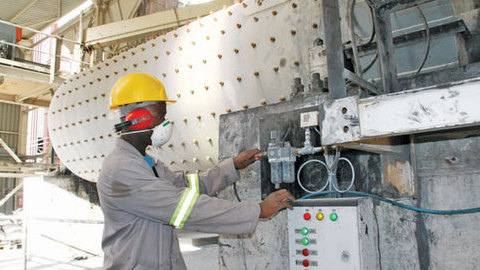
Lusa (File photo)
The Confederation of Economic Associations (CTA) said yesterday that the extension of the truce in Mozambique declared by main opposition party Renamo would “stimulate the economy” and open space for new perspectives.
“This decision [the extension of the truce] arouses great economic expectations, not only for the business community and foreign investors, but also for the whole people,” CTA deputy chairman Agostinho Vuma told a press conference in Maputo.
Although the truce is a “big step”, Vuma believes that permanent peace is one of the main conditions for maintaining a good business environment, and appeals to the government and the Mozambican National Resistance (Renamo) to find a definitive solution.
“We have received several requests from foreign investors who are waiting for the peace to invest. We have been in contact with business people from Turkey, Chile and other countries,” the CTA deputy chairman said.
According to Vuma, the price of products in the center and north of the country, which has soared in recent times, will begin to stabilize after the suspension of mandatory military escorts on the main roads in the center of the country.
“We need peace in order to stabilize the economy,” Vuma reiterated, noting that political conflict was not the only reason for the economic crisis in Mozambique.
The CTA deputy chairman also said that the dialogue between the government and Renamo should be led directly by the two leaders, as the results achieved in the last conversation between Filipe Nyusi and Afonso Dhlakama had shown that this was the most effective way forward.
“This extension for another two months should be used as an irreversible path to effective peace,” said CTA vice president.
The Renamo leader announced on Tuesday the extension for sixty days of the temporary truce declared a week ago so that peace talks between the government and the main opposition party could proceed in an atmosphere of calm.
Afonso Dhlakama’s second truce announcement came a day after he had had a telephone conversation with Philip Nyusi to take stock of a week-long cessation of hostilities declared by the Renamo president on 27 December last.
Central and northern Mozambique have been plagued for more than a year by military violence, following Renamo’s refusal to accept the results of the 2014 general election, demanding governance of the six provinces where it claims victory in the poll.
Attacks on military and civilian targets and ambushes on highways in the centre of the country have been attributed to Renamo, who in turn accuse the Defence and Security Forces of operations in the Gorongosa region where Dhlakama is located.
Following the truce, Mozambican police announced the suspension of mandatory escorts on the National Road 1 between Save and Muxúnguè and between Nhamapadza and Caia in Sofala province, as well as on National Road 7 between Vanduzi in Manica province and Changara in Tete.
In addition to the political crisis, Mozambique is experiencing a difficult economic environment marked by a rising cost of living, the devaluation of the metical, rising inflation and the consequences of the drought that has plagued the country in 2016, leaving about 1.5 million people in a situation of food insecurity.


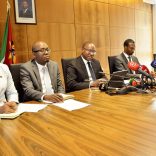
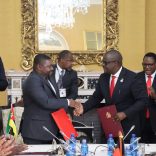
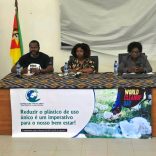


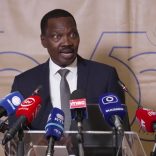




Leave a Reply
Be the First to Comment!
You must be logged in to post a comment.
You must be logged in to post a comment.